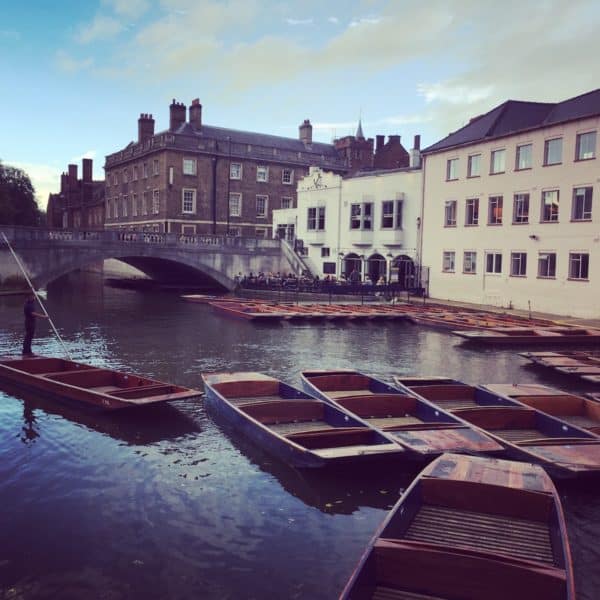
Following a year-long pilot that has seen over £43 million awarded to innovation in the water sector, Ofwat – the water regulator for England and Wales – is “launching a consultation to seek views about how to continue this momentum.”
The £200m Water Innovation Fund – “designed to drive long-lasting change and innovation in the sector – has already generated multi-sector partnerships in response to a series of competitions – including the Innovation in Water Challenge and two Water Breakthrough Challenges.”
These competitions were “run by Nesta Challenges – in partnership with Arup and Isle Utilities – and have generated innovative solutions from water companies and their partners to the challenges of net zero, environmental impact and improving consumer services.”
Winners have reportedly included projects “to generate green hydrogen from wastewater, partnerships to provide data on water quality to communities in an open and accessible way and novel engineering solutions to prevent pipes bursting, using everything from robots to ‘designer liners’ that can be retrofitted on the inside of water mains.”
Ofwat is now proposing to run “a third Water Breakthrough Challenge in Autumn 2022.” It also proposes to run “a fourth in 2023 and a fifth in either 2024 or 2025 with the potential to run competitions beyond 2025.”
To maximize the impact of the more than £120 million available, Ofwat is calling for views from “a diverse range of sectors that it believes can bring new insights to some of the water sector’s biggest challenges.”
In particular it is keen to hear from individuals, companies and representative bodies “across academia, the construction sector, the UK’s space sector, the chemical and pharmaceuticals industry, the digital sector, agriculture and fisheries, the energy sector, marine sector, manufacturing and logistics, and the retail banking and fintech sectors.”
Going forward, Ofwat wants to consider changes that will enable the fund “to support more early-stage ideas in order to allow innovators to have greater access to the fund.”
The main proposed changes are to:
- Open a new annual £4 million competition for early-stage ideas from innovators either in or outside water. It will focus on enabling and supporting earlier stage idea development. This new competition will target primarily innovators and not require a partnership with a water company to enter.
- Maintain the annual flagship competition, with adjustments to some entry rules to encourage wider participation. It would maintain the Water Breakthrough Challenge with Catalyst and Transform streams for each competition during 2022-25. For Catalyst (entries between £250k and £1million) it would make about £6m available annually, not require a partnership with a water company to enter and allow background IP to be licensed. For Transform (entries between £1m-£10m) it would make about £30 million available annually and allow background IP to be licensed.
Ofwat is interested in the views of people and companies inside and outside the water sector “on its main changes and a number of other areas it is exploring through its consultation.”
You can “read the easy-read version of these proposals on Ofwat’s website.” There are “two ways to have a say, through the online response form or by emailing comments to innovationconsultation@ofwat.gov.uk.”
Respondents do “not have to have to read the full consultation to respond – however it can be accessed at www.ofwat.gov.uk.”
The six-week consultation closes “on 17 May 2022.”
As noted in a blog post, Ofwat has established a £200 million Innovation Fund “to grow the water sector’s capacity to innovate, enabling it to better meet the evolving needs of customers, society and the environment.”
It is encouraging new ways of working that “go beyond business-as-usual innovation practices in the water industry, in particular, increasing and improving collaboration and building partnerships from within and outside the water sector.”
Entries were encouraged from water companies in England and Wales, “alongside partnerships with universities and institutes, retailers, start-ups, technology companies, charities, and small businesses in sectors such as energy, manufacturing, health, or financial services.”
For more details on this update, check here.

